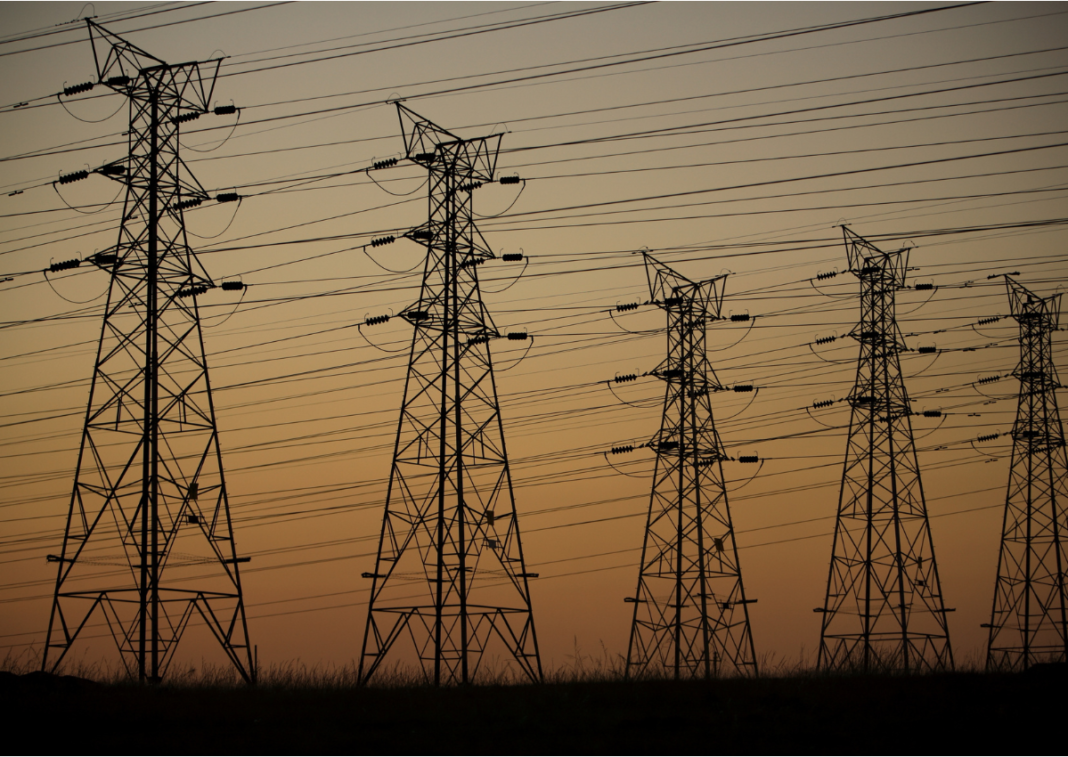(SciDev.net) Researchers in South Africa are feeling the effects of the country’s continuing power cuts and fear for the impact the electricity crisis is having on their research output. The crisis is due to aging infrastructure, poor management by state-owned power utility Eskom, poor investment in the power sector, and limited energy sources
Eskom Holdings SOC Ltd., South Africa’s main energy provider, has been implementing what is termed load shedding, by imposing power cuts for a number of hours each day in a planned and co-ordinated way throughout the country.
“Load shedding is done to protect the national electricity network by balancing supply and demand,” says Eskom in a tweet on February 27.” If this is not done, the national grid will shut down entirely, and the entire country will be blacked out for days to weeks.”
“Load shedding has affected a lot of scientists and impacted their research outputs,” says Nonhlanhla Vilakazi, senior lecturer at the University of Johannesburg’s zoology department,
Adds Cola Mthembu, a doctoral candidate at the department of microbiology at the University of South Africa: “The frequency of the cuts causes disruption to sample integrity in laboratories.
“Turnaround times of research and tests are vastly delayed, Financially, laboratories spend huge amounts on reagents and equipment, and the backup systems to keep up with load shedding aren’t cheap for laboratories that are already spending much to process samples.”
Mthembu says that researchers have to closely monitor the scheduled load shedding times and try to work around it.
“Otherwise, it’s a matter of having backup power for essential samples or using various freezing methods that will assure sample integrity when the power eventually comes back,” she adds.
Having to adjust to the different load shedding schedules has been a nightmare for Mthokozisi Moyo, a doctoral candidate at the department of animal, plant, and environmental science at the University of the Witwatersrand in South Africa.
Moyo says that he has been forced to go back to the “old school” way of doing things, in the digital age. “I have been writing things down on paper and … then typing when I have access to power,” he explains.
Gwede Mantashe, South Africa’s minister of mineral resources and energy, said at the Mining Indaba conference earlier this month that there was a long-term energy security plan to resolve the load-shedding issue.
South African President Cyril Ramaphosa announced a state of disaster because of the energy crisis during his State of the Nation address on February 9.
However, in a reply to a constitutional challenge filed against him by the opposition party, Ramaphosa later said the responsibility of providing electricity did not lie with him but with local authorities.
https://phys.org/news/2023-03-

